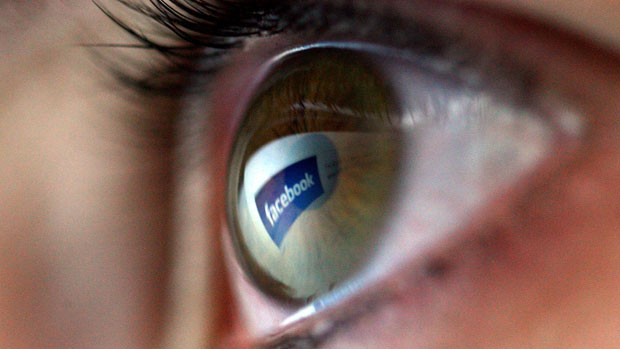Virginia shooting: is it dangerous to watch graphic videos?
Murder of journalists 'a macabre reminder' of how cyberspace has become a conduit for scenes of death

A free daily email with the biggest news stories of the day – and the best features from TheWeek.com
You are now subscribed
Your newsletter sign-up was successful
Video footage showing the murder of two reporters in Virginia has reignited the debate around watching and sharing graphic content online.
The introduction of auto-play options on Facebook and Twitter means it is becoming increasingly difficult to avoid seeing gruesome videos that routinely circulate on social media.
Footage of this week's shooting was shared thousands of times and is yet another "macabre reminder of how cyberspace has become a conduit for scenes of death," writes Rhys Blakely in The Times.
The Week
Escape your echo chamber. Get the facts behind the news, plus analysis from multiple perspectives.

Sign up for The Week's Free Newsletters
From our morning news briefing to a weekly Good News Newsletter, get the best of The Week delivered directly to your inbox.
From our morning news briefing to a weekly Good News Newsletter, get the best of The Week delivered directly to your inbox.
Journalist Gideon Lichfield argues that people who watch and share these videos, much like the footage of executions carried out by Islamic State, are playing into the hands of the murderers.
"Images don't have agendas," he writes for Quartz. "Those who spread them do. When you next are tempted by a link with a self-conscious 'WARNING: GRAPHIC' before it, ask not 'Is this going to be too gruesome?' but instead 'Why do they want me to see it?'"
Poynter, a non-profit school for journalism, argues that there has to be a purpose to justify the use of such graphic content, such as resolving disputes of what occurred – such as the recent cases of US police officers killing unarmed black men Eric Garner and Michael Brown.
Defending his decision not to show the video of Islamic State militants executing US journalist James Foley last year, New York Times executive editor Dean Baquet said: "There is no journalistic value to my mind of showing what a beheading looks like."
A free daily email with the biggest news stories of the day – and the best features from TheWeek.com
Journalist Sarah Frier agrees, writing in Bloomberg: "Images of violence against Foley can be seen as spreading a terrorist's message, while publicising Brown's death shines a light on a perceived injustice."
However Yael T. Abouhalkah, a journalist at the Kansas City Star, argues that the public should watch the Virginia video in order to fully confront the issue of gun crime and make clear the depth of the tragedy. "We need to see literal, grisly truth of carnage caused by guns in America. It's not a video game, people," he tweeted.
But psychologists warn that such videos can cause long-lasting damage to a person's mental health. "It is very important that people do not underestimate the disturbing effect of material such as this," says Rob Gordon, a clinical psychologist who specialises in trauma counselling.
For anyone who has experienced any kind of trauma, viewing such footage can easily cause them to relive their own experience, he warns. "People who are struggling with or carrying tragedy really need to keep away from that stuff, just like a person with a compromised immune system needs to keep away from someone with a bad cold," he told WANews.
"But ultimately, the power no longer rests solely with the heads of media organisations," writes Tara Culp-Ressler in Think Progress. As New Yorker journalist Philip Gourevitch recently argued: "we are, to some degree, our own editors when we choose to click or not."